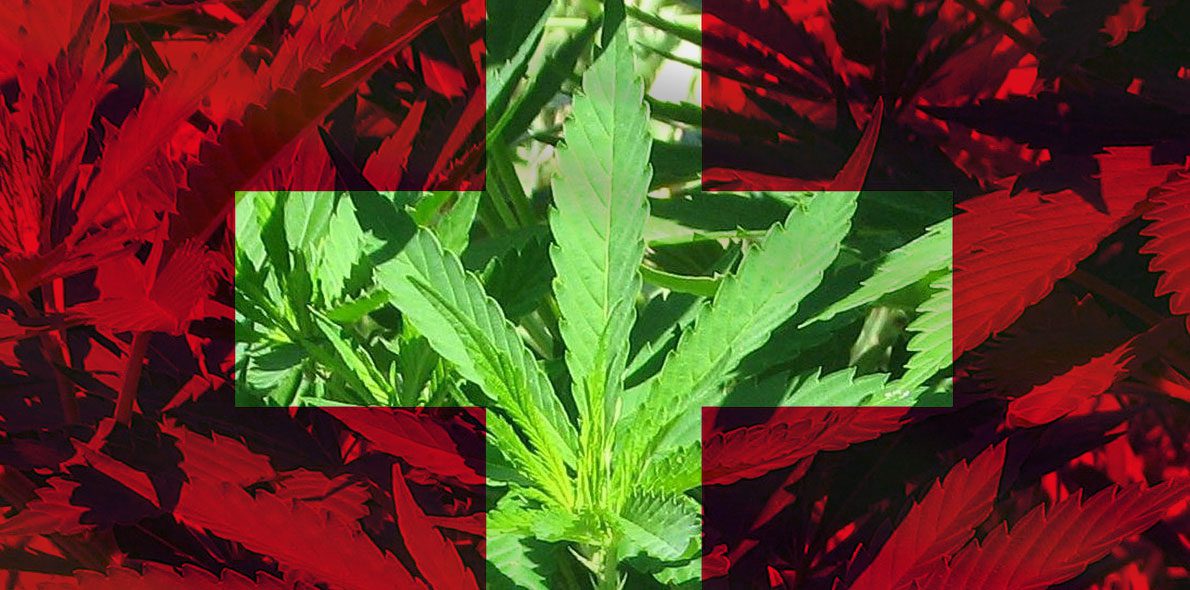
Gallery – Cannafest 2015 – Prague
Iberian Peninsula express shipping
0€ Orders over 60€
*6€ orders under 59€
East, West, South Europe express shipping
0€ Orders over 150€
*18€ orders under 149€
North Europe express shipping
0€ Orders over 160€
*20€ orders under 159€
Ireland, Norway, UK normal shipping
0€ Orders over 60€
*6€ orders under 59€
Rest of the world normal shipping
0€ Orders over 180€
*25€ orders under 179€
Shipping costs can be confirmed in your shopping cart.
For additional shipping methods, please reach out through info@kannabia.com.


*Website protected by SSL.
**Not available in all regions.
*Your coupon will be sent via email.
*Should you have any question, comment or feedback, please do not hesitate to contact us.

The pilot cannabis distribution project will take place in Switzerland’s main cities. So far, the municipalities of Basel, Bern, Biel, Geneva and Zurich have already expressed their interest in participating in the pilot project according to Swiss newspaper The Local. Those who wish to participate will have to prove they are regular cannabis users based on an analysis of a sample of hair.
The main point of friction between the lower and upper houses of Switzerland with regard to this project lies in the origin of the cannabis used. While the lower house requires that cannabis be organic and produced in Switzerland, the Council of States sees it as advisable but not mandatory due to difficulties in sourcing this type of plant.
With a population of 8.5 million, an estimated 200,000 people in Switzerland are regular cannabis users. In 2011, the sale and consumption of cannabis-derived products containing a maximum of 1% THC was legalised in this country. Possession or use of other types of cannabis or hashish is subject to fines of one hundred Swiss francs (ninety-three euros).
Nevertheless, the government of Switzerland’s position on cannabis is ambiguous. In 2018, the Swiss Parliament rejected a proposal on the use of cannabis in scientific studies – albeit with a very small margin (96 votes against and 93 in favour). At the time, en masse voting of members of the conservative-right Swiss People’s party and the centrist Christian Democrats shot down the proposal – which they identified as a gateway to the legalisation of cannabis. Months earlier, the Federal Office of Public Health had also rejected a study on the possible effects of allowing the sale of cannabis in pharmacies (proposed by the University of Bern) to be conducted.
The last elections in 2019 changed the composition of Switzerland’s government slightly. Since then, these two parties have lost a dozen seats, opening the door to proposals to facilitate access to marijuana. In April this year, the Swiss Parliament approved a proposal to allow cannabis to be cultivated for medical use in the country and its subsequent export, thereby allowing the country to join the race to position itself in the international market for medicinal cannabis. The bill also opened the door for doctors to prescribe cannabis directly, without patients being required to obtain a permit from the Federal Office of Public Health (as they were until this point). This is a requirement that only 3,000 people across the country had been able to meet compared to an estimated 100,000 people who have been accessing medical marijuana illegally since 2006 – the year access to medical cannabis was approved. The law passed in April is expected to come into force in mid-2021.